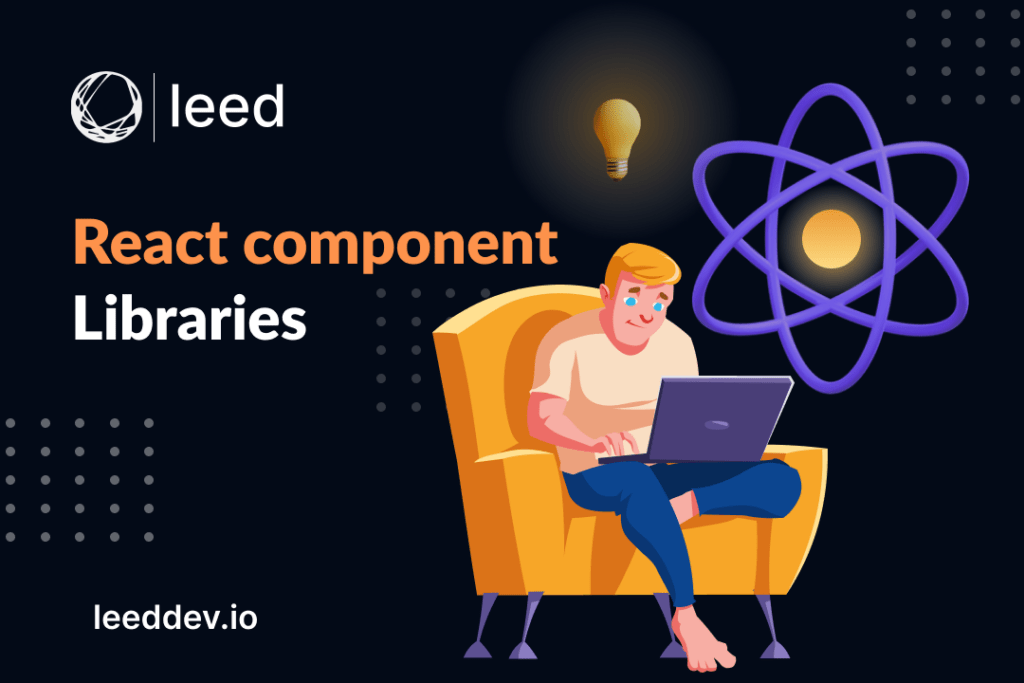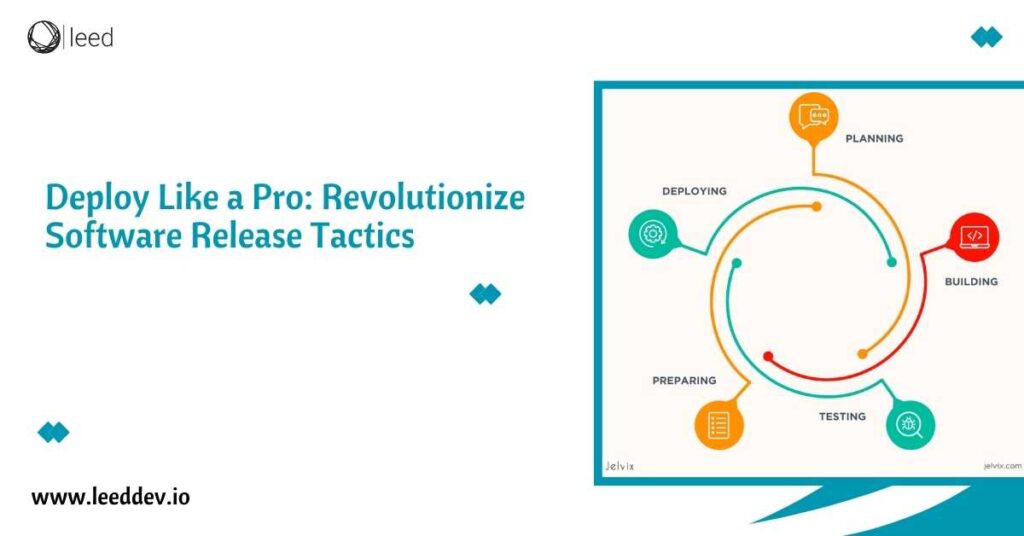In the realm of modern business, where adaptability and efficiency reign supreme, Agile Process Consulting emerges as a guiding light for organizations seeking transformative change. With the agile methodology at its core, this consultative approach empowers businesses to navigate complexity, embrace change, and drive innovation. In this comprehensive guide, we delve deep into the world of Agile Process Consulting, uncovering its principles, strategies, and practical applications for success.
What is Agile Process Consulting?
At its essence, Agile Process Consulting revolves around the principles of flexibility, collaboration, and iterative development. Unlike traditional project management approaches, which follow rigid plans and hierarchies, Agile embraces change and values individuals and interactions over processes and tools. By breaking down complex projects into manageable increments and fostering continuous feedback loops, Agile Process Consulting enables organizations to respond swiftly to market dynamics and deliver value to stakeholders.
Success Strategies for Agile Process Consulting
Implementing Agile Process Consulting effectively requires careful planning, execution, and ongoing refinement. Here are detailed strategies to ensure success:
Embrace a Hands-On Approach
To truly embody Agile principles, teams must embrace a hands-on approach to project management. This involves:
Active Participation: Encourage team members to actively engage in all aspects of the project, from planning and execution to review and reflection. Foster a culture where everyone feels empowered to contribute ideas and solutions.
Collaborative Decision-Making: Emphasize the importance of collaborative decision-making, where team members collectively determine the best course of action based on shared goals and priorities. Avoid top-down directives and encourage open dialogue and consensus-building.
Ownership and Accountability: Foster a sense of ownership and accountability among team members by giving them autonomy over their work and holding them responsible for delivering results. Encourage individuals to take pride in their contributions and take ownership of both successes and setbacks.
Prioritize Practical Learning
Continuous learning is essential for Agile teams to stay adaptable and innovative. Here’s how to prioritize practical learning:
Training and Skill Development: Invest in training programs and skill development initiatives to equip team members with the knowledge and tools they need to succeed in an Agile environment. Provide opportunities for hands-on practice and real-world application of Agile concepts.
Cross-Functional Collaboration: Encourage cross-functional collaboration and knowledge sharing across teams and departments. Facilitate workshops, peer learning sessions, and communities of practice to foster collaboration and exchange of ideas.
Feedback and Reflection: Promote a culture of continuous improvement by soliciting feedback from team members and stakeholders at regular intervals. Encourage reflection on past experiences and lessons learned, and use insights gained to inform future decisions and actions.
Conduct Workshops and Training Sessions
Workshops and training sessions are invaluable for educating team members on Agile principles and practices. Here’s how to make them effective:
Tailored Content: Design workshops and training sessions to meet the specific needs and skill levels of your team. Customize content and exercises to address areas where team members may need additional support or development.
Hands-On Activities: Incorporate hands-on activities, simulations, and role-playing exercises to reinforce learning and deepen understanding of Agile concepts. Provide opportunities for team members to practice Agile techniques in a safe and supportive environment.
Expert Facilitation: Enlist experienced Agile coaches or facilitators to lead workshops and training sessions.
Foster Consulting Excellence
Agile coaches and consultants play a crucial role in guiding teams through the Agile Process Consulting journey. Here’s how to foster excellence in consulting:
Clear Communication: Ensure Agile coaches and consultants communicate effectively with teams, stakeholders, and leadership. Provide clear guidance, feedback, and support to help teams navigate challenges and make informed decisions.
Adaptive Coaching Style: Adapt coaching approaches to meet the unique needs and dynamics of each team. Tailor coaching strategies to align with team maturity, organizational culture, and project context.
Continuous Improvement: Encourage Agile coaches and consultants to reflect on their coaching practices and seek opportunities for growth and development. Foster a culture of continuous learning and improvement within the coaching community.
Cultivate Agility
Agility is essential for organizations to thrive in today’s rapidly changing business landscape. Here’s how to cultivate agility within your organization:
Experimentation and Innovation: Encourage teams to experiment with new ideas, technologies, and approaches to problem-solving. Create a culture where failure is viewed as a learning opportunity and innovation is celebrated.
Adaptive Planning: Embrace adaptive planning practices that allow teams to respond quickly to changing priorities and market conditions. Prioritize flexibility and resilience in project planning and execution.
Iterative Delivery: Adopt an iterative approach to product development, where small, incremental changes are delivered frequently and feedback is solicited early and often. This iterative cycle allows teams to course-correct as needed and deliver value to customers more rapidly.
Cross-Functional Collaboration: Break down silos and promote cross-functional collaboration across teams and departments. Encourage communication, sharing of knowledge, and alignment of goals to drive collective success.
Ensure Comprehensive Guide
Providing comprehensive resources and support materials is essential for guiding teams through the Agile Process Consulting journey. Here’s how to ensure a comprehensive guide:
Documentation and Templates: Develop and maintain documentation and templates that outline Agile processes, roles, and responsibilities. Provide templates for Agile artifacts such as user stories, sprint backlogs, and release plans to streamline project execution.
Training Materials: Create training materials, tutorials, and guides to supplement workshops and training sessions. Make these materials easily accessible to team members for self-paced learning and reference.
Community Support: Foster a supportive community where team members can seek advice, share insights, and collaborate on challenges. Facilitate peer-to-peer mentoring, discussion forums, and community events to foster learning and collaboration.
Benefits of Agile Process Consulting
Implementing Agile Process Consulting offers numerous benefits for organizations, including:
Increased Flexibility
Agile methodologies allow teams to adapt quickly to changing requirements and priorities, enabling organizations to respond more effectively to market dynamics and customer needs.
Faster Time to Market
By breaking projects into smaller, manageable increments and delivering value iteratively, Agile teams can accelerate time to market and get products into the hands of customers sooner.
Improved Quality
Agile practices such as continuous integration, automated testing, and frequent feedback loops help to identify and address issues early in the development process, resulting in higher-quality deliverables.
Enhanced Collaboration
Agile promotes collaboration and communication among team members, stakeholders, and customers, fostering a shared understanding of project goals and requirements and driving alignment towards common objectives.
Greater Customer Satisfaction
By delivering value incrementally and incorporating customer feedback throughout the development process, Agile teams can ensure that the final product meets or exceeds customer expectations, leading to higher satisfaction and loyalty.
Better Risk Management
Agile methodologies emphasize transparency, inspection, and adaptation, enabling teams to identify and mitigate risks proactively, rather than waiting until they become critical issues.
Empowered Teams
Agile empowers teams to take ownership of their work and make decisions autonomously, fostering a sense of accountability, creativity, and commitment to excellence.
Continuous Improvement
Agile encourages a culture of continuous learning and improvement, where teams reflect on their processes, identify areas for enhancement, and experiment with new approaches to drive innovation and efficiency.
By embracing Agile Process Consulting, organizations can unlock these benefits and position themselves for long-term success in today’s dynamic and competitive business environment.
Conclusion
In conclusion, Agile Process Consulting serves as a beacon of innovation and adaptability in the modern business landscape. By embracing Agile principles and strategies, organizations can navigate complexity, foster collaboration, and drive continuous improvement. From hands-on project management to fostering a culture of agility and learning, Agile Process Consulting offers a comprehensive framework for success in today’s dynamic market. By prioritizing practical learning, embracing collaboration, and fostering consulting excellence, organizations can unlock the full potential of Agile methodologies and position themselves for long-term success.
FAQs
What is Agile Process Consulting?
Agile Process Consulting revolves around the principles of flexibility, collaboration, and iterative development, enabling organizations to respond swiftly to market dynamics and deliver value to stakeholders.
What are the benefits of Agile Process Consulting?
Implementing Agile Process Consulting offers benefits such as increased flexibility, faster time to market, improved quality, enhanced collaboration, greater customer satisfaction, better risk management, empowered teams, and continuous improvement.
How can organizations foster consulting excellence in Agile Process Consulting?
Organizations can foster consulting excellence by ensuring clear communication, adapting coaching approaches to meet team needs, and promoting continuous improvement among Agile coaches and consultants.
Why is practical learning important in Agile Process Consulting?
Practical learning is essential for Agile teams to stay adaptable and innovative, as it equips team members with the knowledge and tools they need to succeed in an Agile environment.




